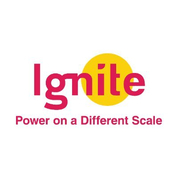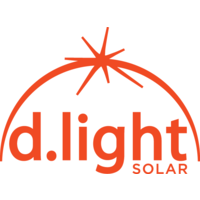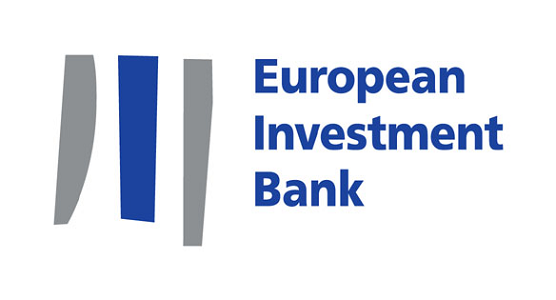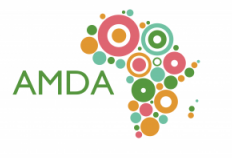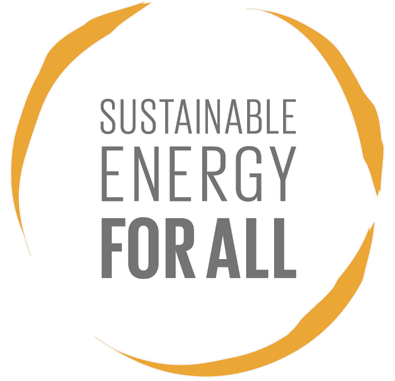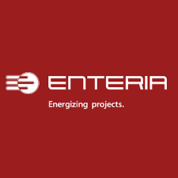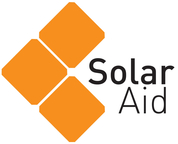9 July 2020: Ignite Power announced the launch of the world’s first-ever designed-for-solar remote medical system as part of its product offering across Africa. This marks the culmination of two years of R&D, which the company accelerated over the last few months to be able to support rural medical teams responding to the COVID-19 crisis.
The spread of the Coronavirus throughout Sub-Saharan Africa has drawn stark attention to the various problems of rural health services across Africa. With under-developed infrastructure, the lowest number of doctors per capita in the world (as low as 2.2 per 10,000 people, less than ⅙ of the global average) and over 90% of properly trained medical staff working in the big cities and hospitals, morbidity and mortality from both communicable and non-communicable disease is the highest in the world. According to the World Bank Group, the sub-Saharan population accounts for only 11% of the global population, but bears 24% of the world’s disease burden. Achieving the level of health-care services demanded by the UN’s Sustainable Development Goals, would require an estimated investment of $25-$30 billion in the next decade, with every 10% increase in life expectancy estimated to increase economic growth by 0.4% per year.
There are 98,745 documented remote health centers in Sub-Saharan Africa, currently serving over 600 million people - 6,000 people on average per health center. The majority of the centers are severely understaffed, underequipped, and lacking the most basic infrastructure, with only 28% having access to “reliable electricity” (according to McKinsey). Due to these deficiencies, entire communities are insufficiently diagnosed and treated, with hospitals often hours and even days away. Sub-Saharan Africa is the only region in the world where communicable diseases are still a bigger mortality cause than non-communicable ones. Without a scalable, technology-based solution, bridging those gaps will remain impossible.
Advanced diagnostics is an essential precursor to medical innovation and data-driven decision making – as was painfully apparent throughout the Covid-19 crisis. Yet the Sub Saharan region has limited access to the information needed to take the sector forward, leading to the substantial gap between developed and developing countries growing even wider.
The solar sector has been highly influential in the entire Sub-Saharan Africa region over the past decade, revolutionizing many developing economies. Using an available, affordable, and safe resource - sunlight - Ignite and other companies have connected millions of people to affordable and sustainable electricity for the first time, bringing them into the global economy and establishing powerful new business models.
Now, Ignite is making the inevitable connection between the solar and health sectors, and bringing designed-for-solar medical technology to all communities, creating an even bigger impact on the lives of millions.
Introducing the Designed-For-Solar Medical System (DSMS)
The DSMS is the world's first designed-for-solar medical system, providing the most remote health centers with reliable electricity, connectivity, and advanced, solar-based technologies, allowing for much better diagnosis and treatment.
On top of the advanced solar systems, which allows for reliable and sustainable electricity at all locations, the DSMS includes the following technologies:
- The SDS-16, which conducts a wide range of non-invasive blood tests and allows for fast, smart and affordable detection. The device provides laboratory-grade results on the spot, while eradicating the need for costly and lengthy laboratory tests.
- The Energy-Efficient X-ray Diagnostics Kit (SDS-X1), which provides high-quality imaging and interpretation on the field, addressing Covid-19, TB, and medical related emergencies.
- The SDS-US1, which allows remote medical teams to run advanced ultrasound tests while enjoying support and analysis, addressing pregnancy-related risks, heart and lung conditions, and more.
- Advanced Connectivity Solution (via a strategic partnership with SpaceCom, a leading operator of communication satellites), enabling full online connectivity to all clinics and health centers, allowing for training, consultations, and guidance at all times.
All devices are designated for the specific needs of remote medical teams, powered by solar energy and allow for remote support and guidance.
The DSMS devices provide vital data and analysis, based on AI algorithms, supporting local teams by raising “red flags” on patients showing suspicious indicators for a wide range of communicable and non-communicable diseases, including COVID-19. Taking only 4 minutes per test, a basic health center can diagnose up to 240 patients per day, providing them with targeted treatment, and reducing hospital patient load during the pandemic and far beyond. Accumulating to a maximum of over 7,000 examinations per month per device, every health center can serve the entire community.
“We believe that medical services are as essential as water and electricity and deserved by all, regardless of their location and financial status”, said Yariv Cohen, Ignite Power CEO. “By utilizing the most advanced technology and tailoring it to the needs of remote medical teams, we can bridge the infrastructure gap that prevents hundreds of millions of people throughout Africa from receiving the medical treatment they deserve”.
Ignite has the capacity to deploy thousands of systems in the near future, and is aiming to impact the lives of tens of millions of people, providing host governments and health providers with real-time access to critical insights that can help with pandemic response and healthcare planning.
“We are proud to introduce such an innovative solution, which we believe could create an impact on a vast scale", says Cohen. “Microsoft CEO, Satya Nadella, recently estimated that the Covid-19 pandemic drove ‘2 years of digital transformation in 2 months.’ That has certainly been our experience; we are looking forward to utilizing this momentum to revolutionize the healthcare sector in emerging countries, leading to a healthier future for both African rural populations and, at the same time, the solar sector”.
###
About Ignite Power: Ignite is the fastest-growing Pan-African developer and financier of distributed infrastructure projects, providing all communities, even in the most remote locations, with state-of-the-art, technology-based solutions to their every-day needs, impacting millions of people. By massively reducing the cost of essential services such as power, water, and medical services, Ignite is leading Africa into a more sustainable and inclusive future.





